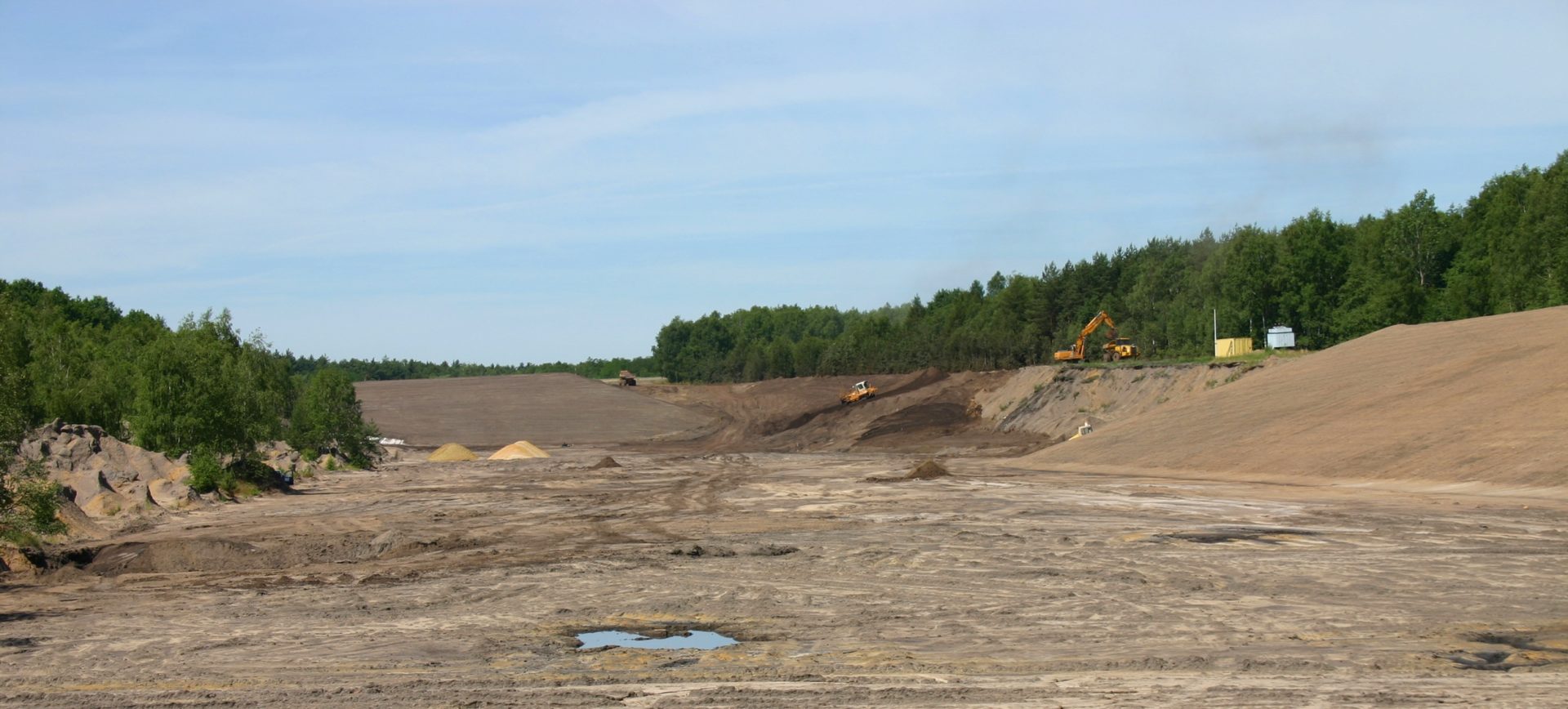
Applied Research
We deal with landscapes damaged by raw material extraction, especially in the Lusatian lignite mining area. For this purpose, we work out remediation solutions, with the thematic focus on agricultural and forestry recultivation, water ecology as well as landscape development and nature conservation. In addition, adaptation strategies are developed for other habitats or ecosystems whose functions have been impaired. This concerns, for example, energy crop cultivation optimised for impoverished soils or the effects of climate change on water, soil and plants.
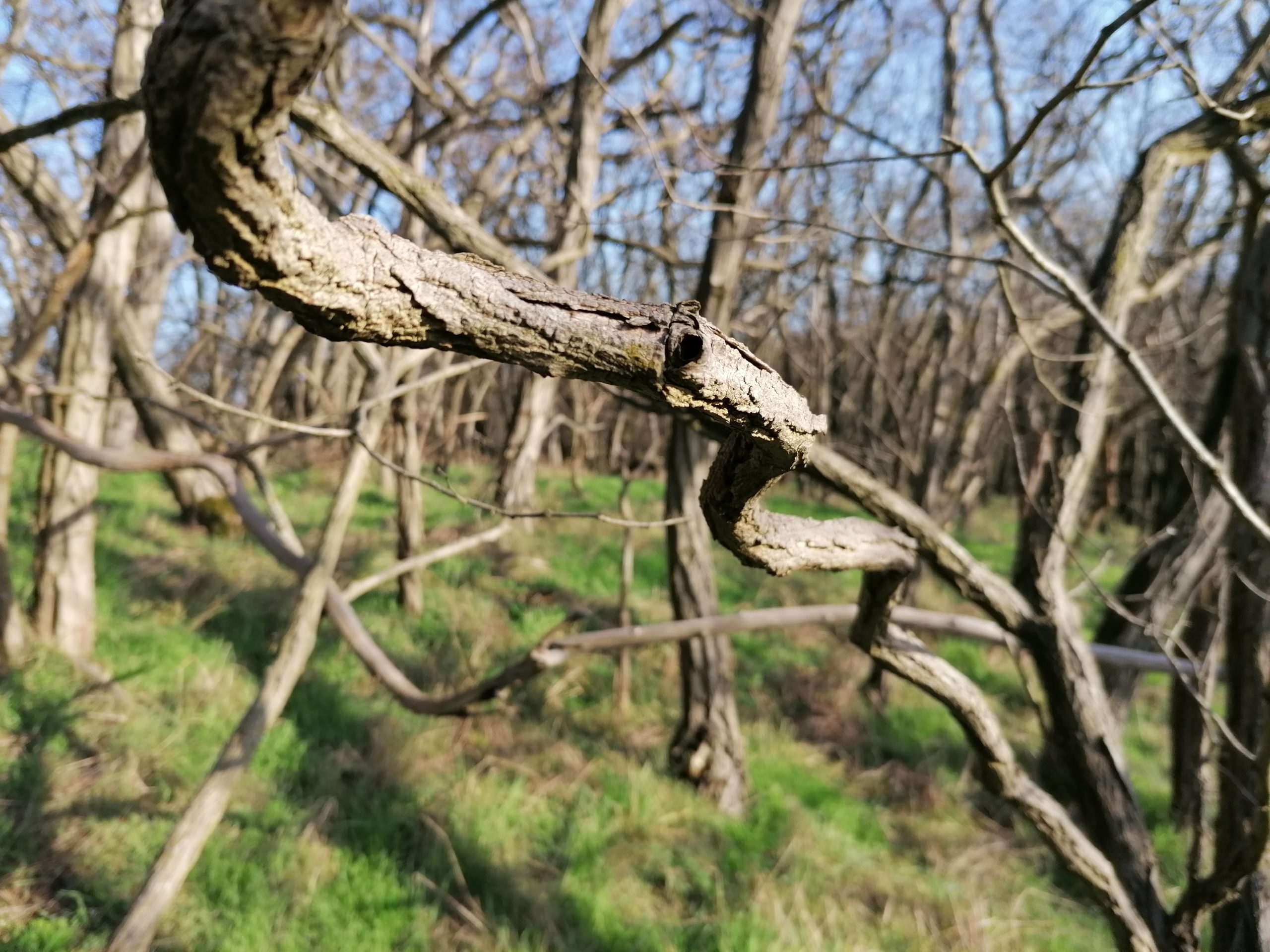
Forests
Restoring forests involves all aspects of soil evaluation, a site-appropriate choice of tree species, fertilisation measures, but also forest management. Simple anaerobic conclusions based on the open-cast mining environment are not possible, as recultivation areas have specific growth conditions.
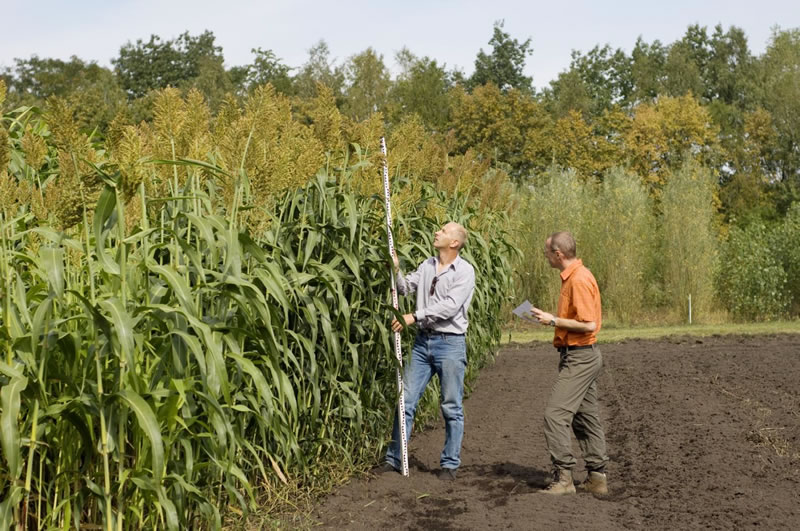
Agriculture
The FIB e.V. researches the development from infertile new land soils to productive, multi-purpose plant sites. The focus is on restoring soil fertility. In order to “boost” the nutrient cycle, the use of novel soil conditioners is being tested, for example humus fertilisers made from refined lignite.
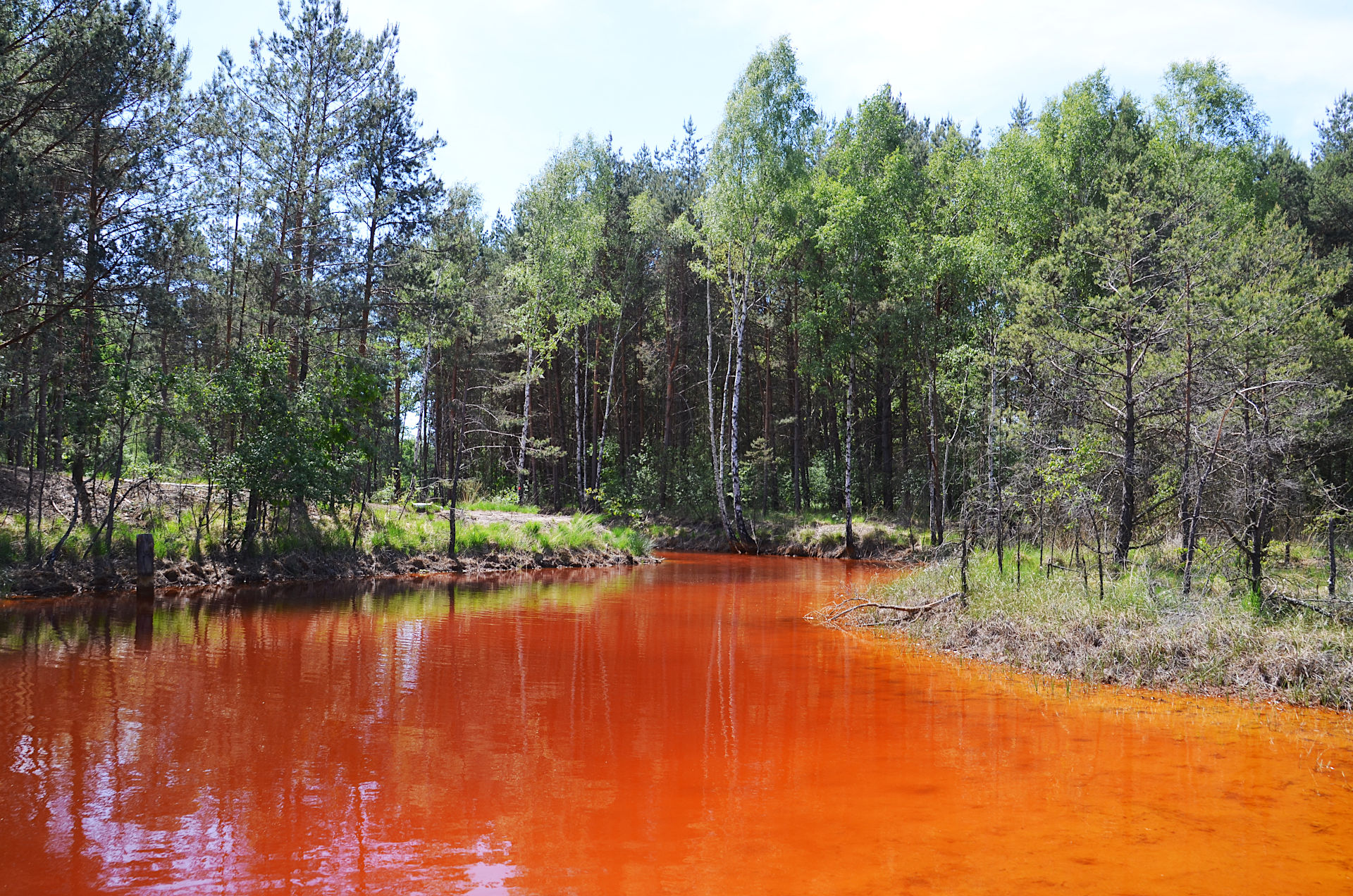
Waters
The focus is on water bodies which are affected or newly created by the mining of raw materials and its long-term consequences – i.e. landscape-forming open-cast mining lakes, flowing waters and groundwater. The remediation objectives are a quantitatively balanced landscape water balance and good water quality.
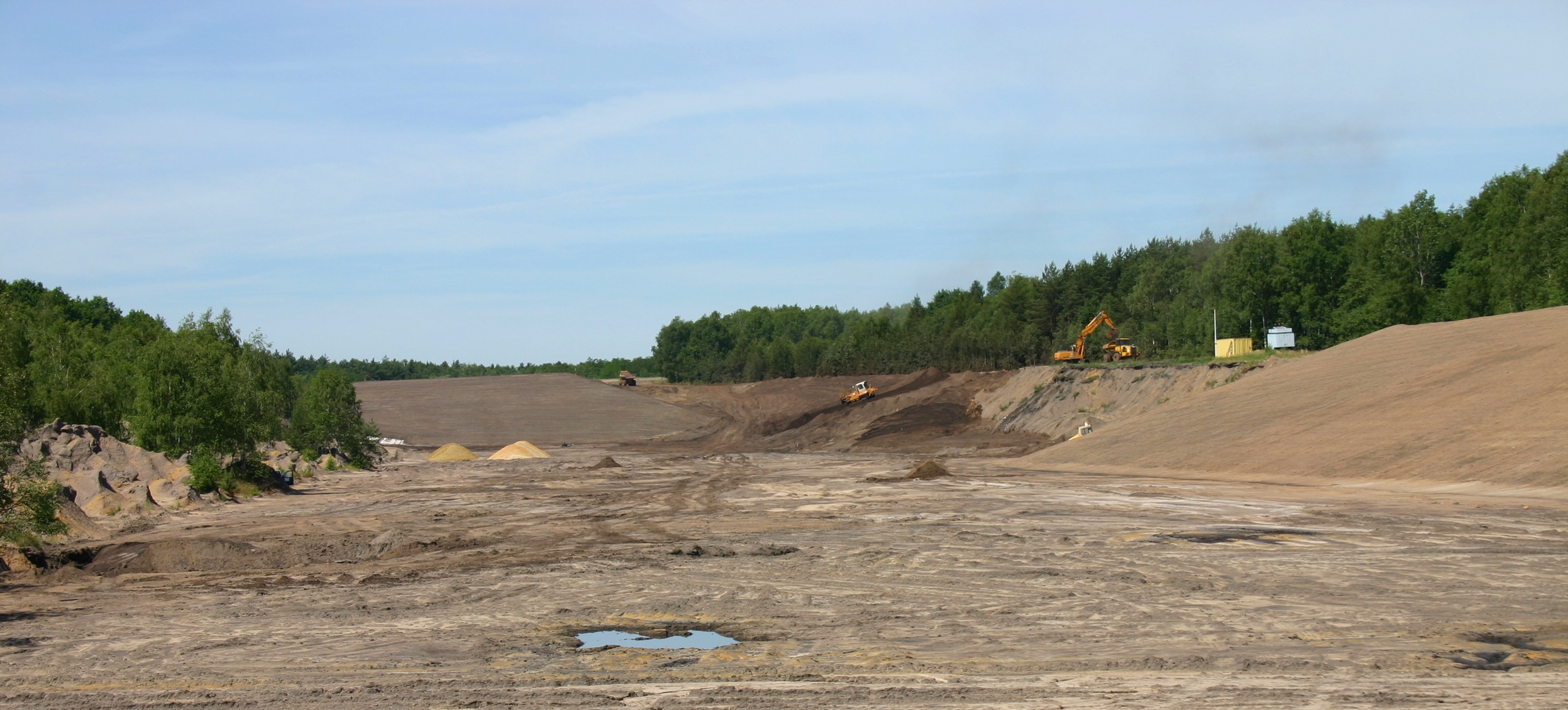
Soils
Restoring soil function is of central importance in the rehabilitation of degraded landscapes. Among other things, the FIB is involved in the development of new methods for the amelioration of heavily acidified and compacted soils in mining areas.
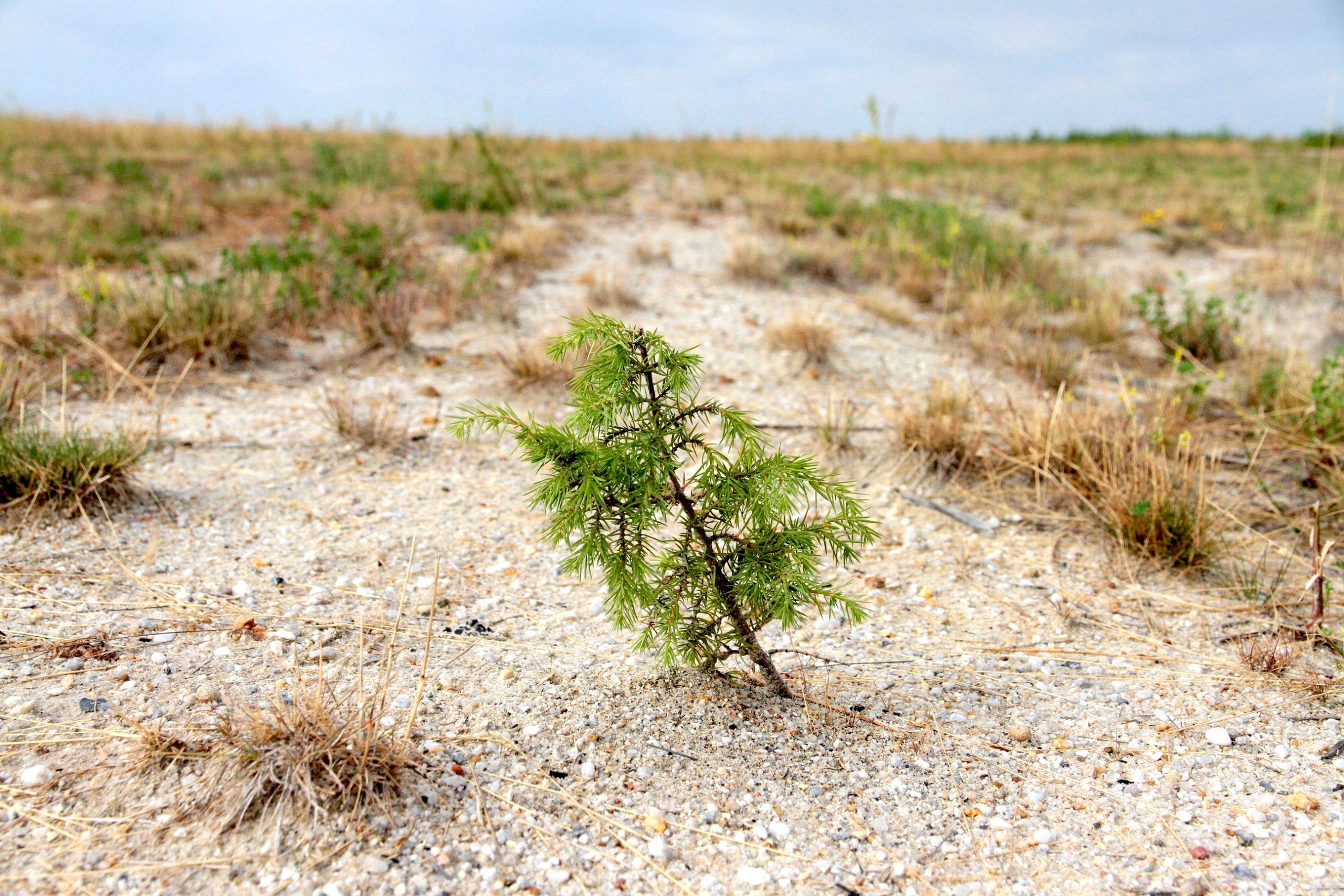
Nature conservation
The testing of concepts for environmental monitoring in the above-mentioned areas is aimed in particular at the ecological evaluation of the remediation measures and subsequent uses. It forms the indispensable basis for the management of development measures. This concerns, among other things, the preservation and maintenance of the newly created nature reserves and all measures for active species and biotope protection.
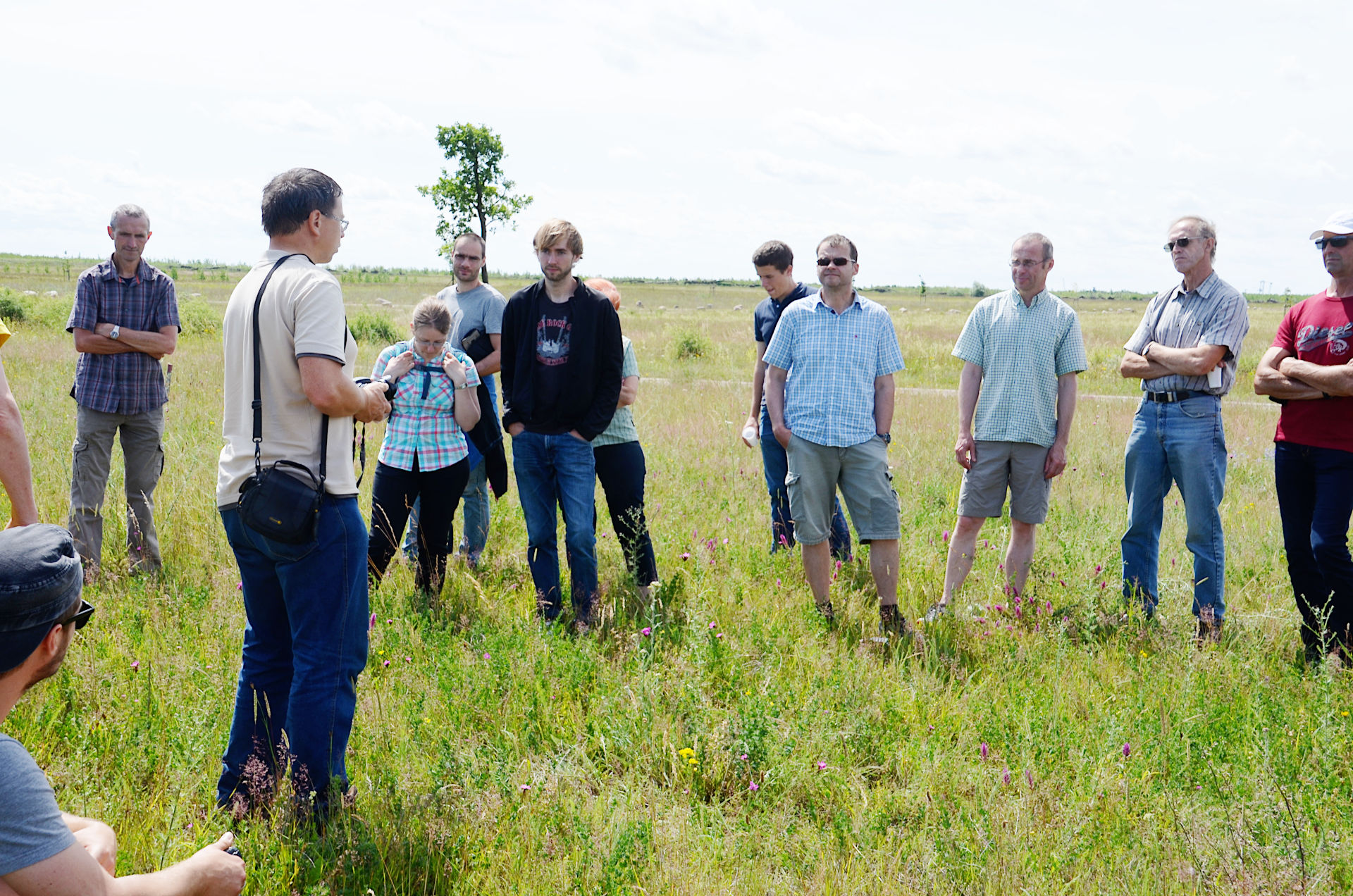
Knowledge transfer
The qualification of young scientists is a matter close to the heart. This is why the various green courses of study offer supervision for Bachelor’s, Master’s or doctoral theses. Every year, numerous students complete internships to prepare for their careers. The FIB e.V. is also a recognised placement office for the Federal Voluntary Service and the Voluntary Ecological Year in Brandenburg.
